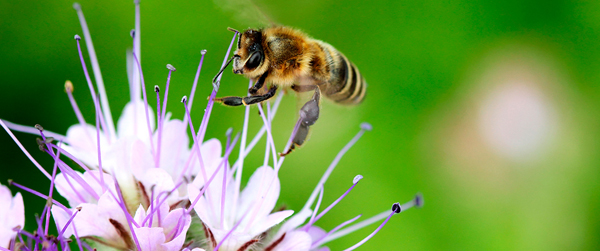See what Dr Chris Hartfield, the NFU's bee health specialist and chief horticulture adviser, said in his letter of response.
Dear Sir,
Much of the evidence around the harmful effects of neonicotinoids relies on studies where bees have been dosed artificially with the insecticide – the Functional Ecology study, which your paper reported on1, is a case in point. Bees were kept in boxes for 11-12 days and only offered sugar solution laced with neonicotinoids as food. This is clearly a very unnatural situation for bees. The big unanswered question remains whether the harmful impacts observed in studies based on artificially dosing bees occur in real-life field situations and cause the population declines we are concerned about.
Farmers understand the importance of pollinators, and they are doing more than any other group to help provide for bees – in 2015 there was 3,526 hectares of land which farmers voluntarily dedicated to pollen and nectar mixes. A further 19,000 hectares, under agri-environment schemes, have been put aside for the same thing. These vast areas provide the food and habitat on farmland that bee populations need to thrive.
Dr Chris Hartfield
NFU bee health specialist
